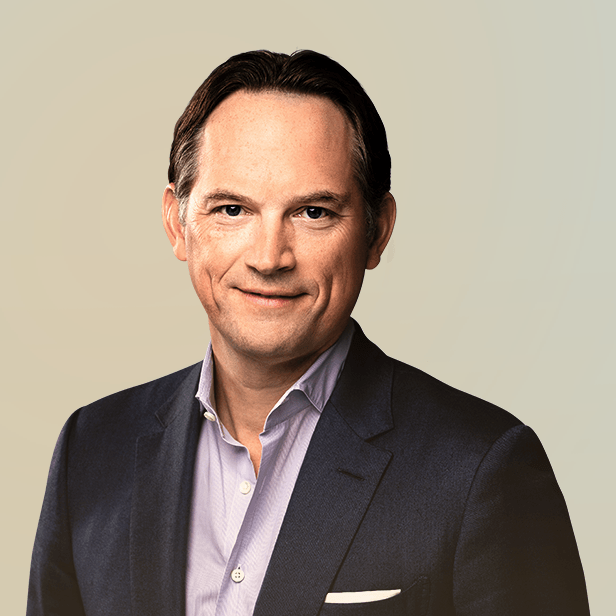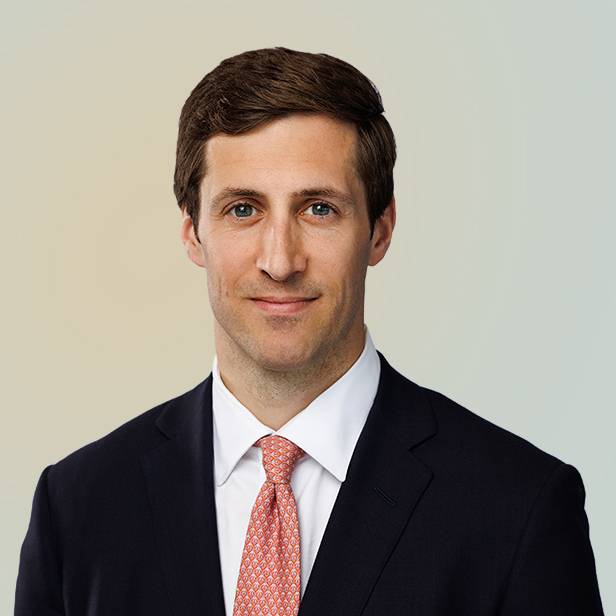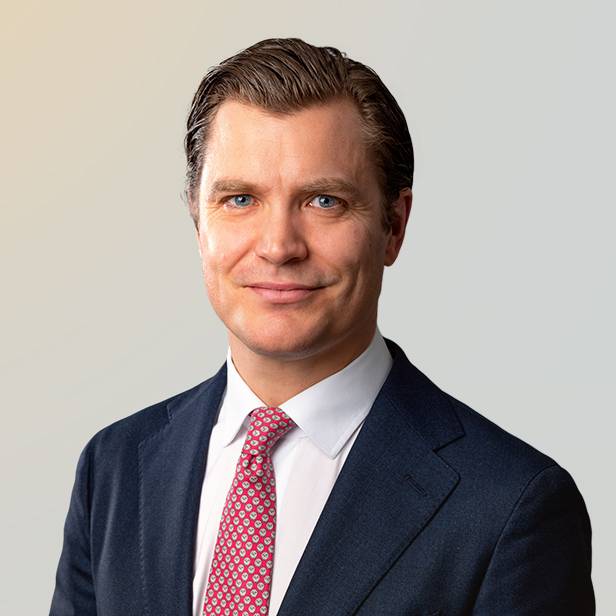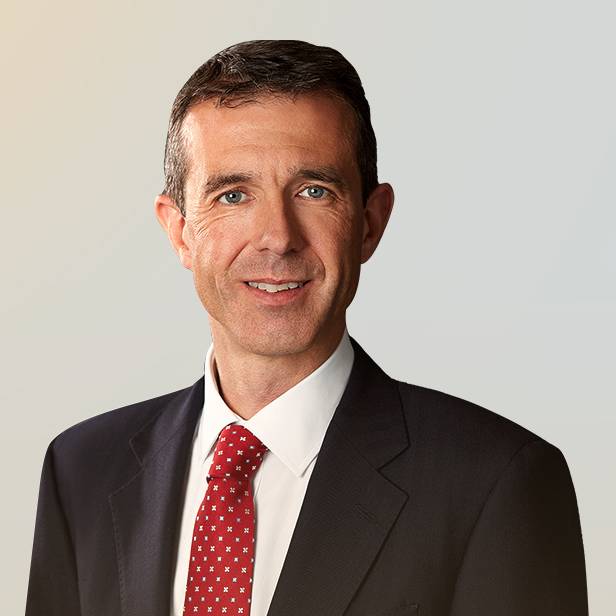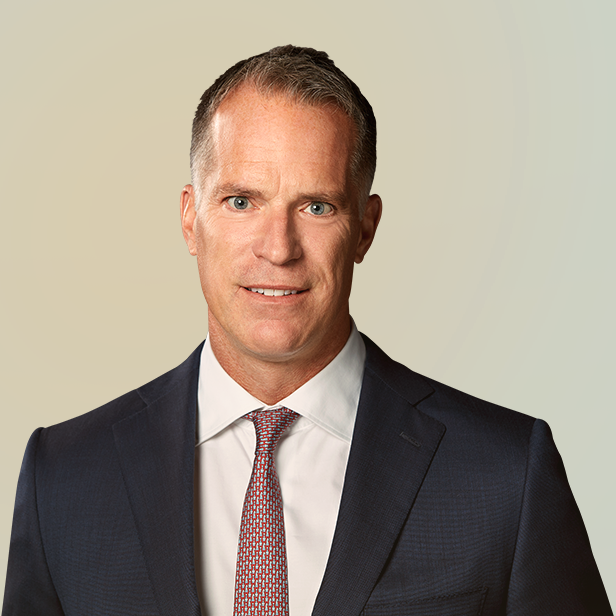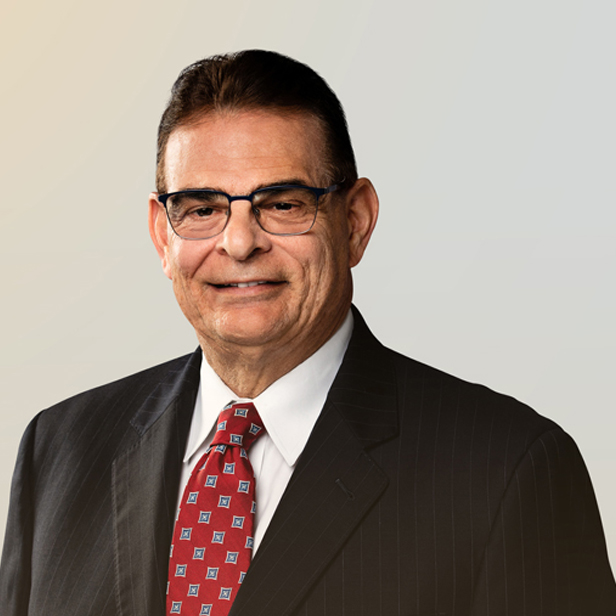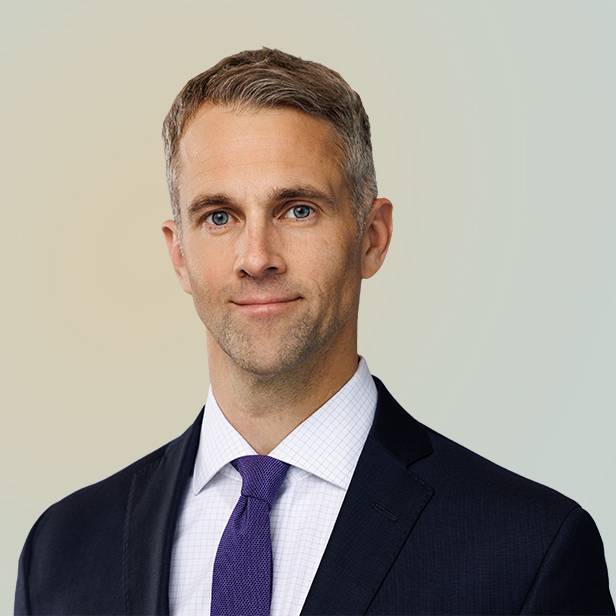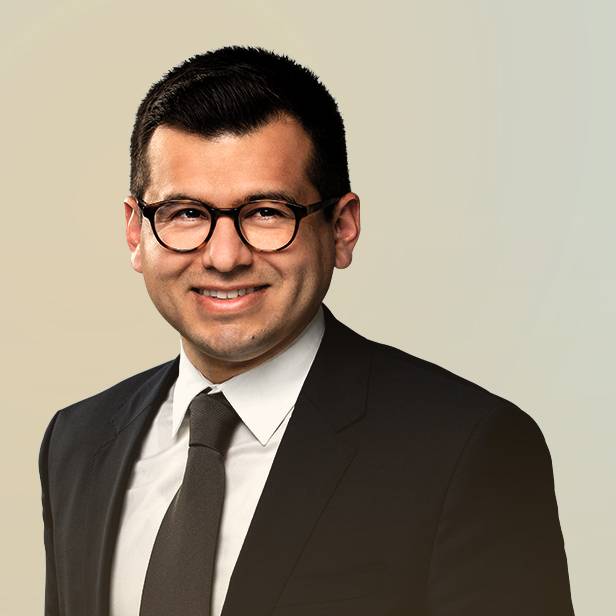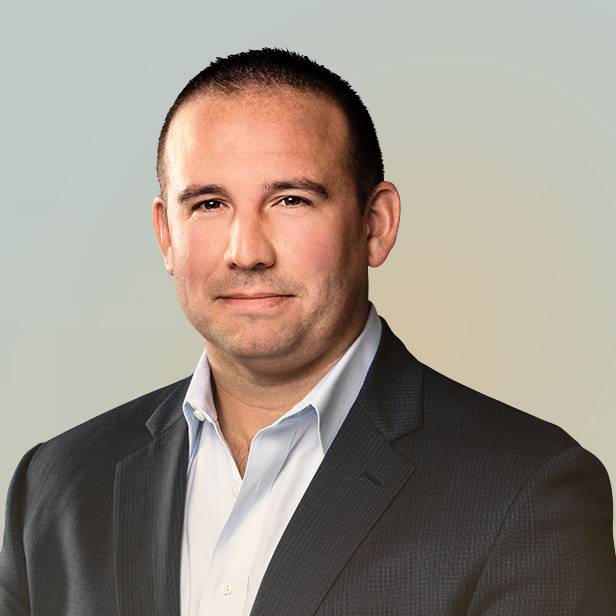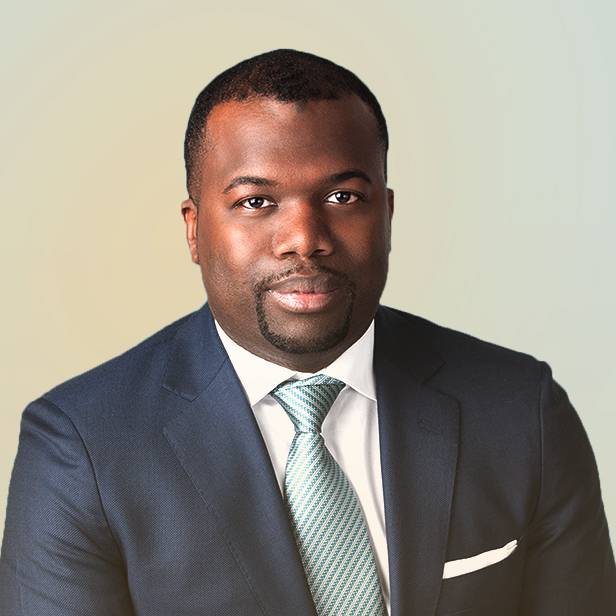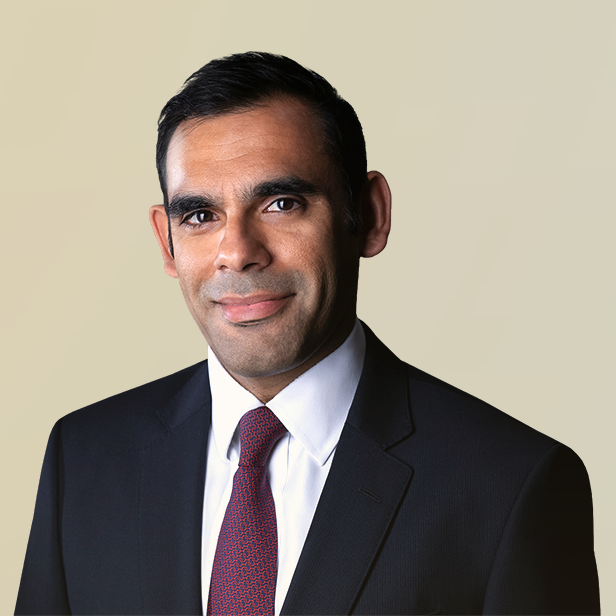Q&A: Reviewing Key Trends in M&A and Technology That Will Shape 2019
Feb 2019
View original post from Pitchbook on December 11, 2018 here.
The M&A cycle has persisted remarkably, with the evolution of technology from a vertical into a horizontal playing a key role in underpinning acquisitions and investment on the part of both strategic and financial acquirers. Lincoln International professionals Scott Twibell and William Bowmer, managing directors in the firm’s Technology, Media & Telecom M&A practice, recently sat down with Pitchbook to dissect the key trends that shaped 2018 and look set to continue in 2019.
Let’s look back on 2018 as the year winds down. What are some of the broad themes that emerged this year for you?
Scott: Software companies continue to disrupt virtually all sectors from more traditional ones like automotive to newer sectors such as cybersecurity, infrastructure and fintech. The primary drivers of the growth for software businesses are corporations, government entities and other institutions looking to streamline workflows, reduce costs and engage with customers and constituents more effectively. Underlying technologies have advanced to the point that they can demonstrate specific ROIs to clients quickly and also make the adoption seamless. Years ago, before cloud-based offerings were so prevalent, the rollout of enterprise software and subsequent adoption posed substantial challenges to rapid adoption; now you see incredible velocity in terms of adoption of cloud-based applications across all sectors which continues to drive investor and strategic interest.
Let’s move on to the dealmaking environment. What is your take on the persistence of the M&A cycle throughout 2018?
Scott: 2018 has been a very good year for M&A overall relative to 2017, and that has occurred even as there has been an uptick in public equity volatility, rising interest rates and, one could argue, a trade environment that is more fraught with uncertainty. So, given the strength despite those factors, it really bodes well for 2019. It should be noted that even given the rise in interest rates, debt is still very accessible to financial and strategic acquirers at historically low rates and with light covenant packages, so that will also continue to encourage deal volume. Moving on specifically to financial acquirers, private equity and venture capital firms are sitting on dry powder estimated in excess of a trillion dollars, according to PitchBook data. There’s no doubt that money has to be put to work, which will also further encourage transaction volume. Last but not least, the drive for innovation via acquisition, where both non-technology companies as well as tech companies are looking to acquire talent and shore up product offerings, remains a strong driver. Across the landscape, there are quite a few strong factors still in place that look to set up 2019 as another strong year for the TMT M&A cycle.
Are any of those drivers going to intensify? Namely, the acquisition of tech companies by non-tech companies?
Will: If you think about it, technology is more of a horizontal than a vertical. No industry is immune to innovation, and so the lines between Tech and other industries are being blurred. For example, industrial companies are making major investments in technology to avoid disruption. Financial institutions were early adopters of technology, and now banks look much less like traditional banks than they do technology companies with specific focus on moving dollars around via 1s and 0s.
Let’s talk about another driver. What about PE firms, especially with regard to tech?
Will: We have had a healthy amount of PE outcomes this year and we’ve seen a definite focus on tech on the part of PE buyers. It’s not just the pressure of the vast amount of dry powder on hand, but also the emergence of themes for key PE investors. Some of the largest PE funds are acting more like strategics, even within technology, utilizing the same buy-and-build strategy that has worked well in the past. Given that, we’re also seeing many more generalist funds enter software, as they want to compete, and can focus on smaller firms employing that rollup strategy. It is possible, consequently, that PE firms will continue to be more consistently active within the space than strategic buyers for the foreseeable future.
Scott: Increasingly, PE is looking at the acquisition of software businesses with recurring, subscription-based revenue models as a great defensive asset by virtue of the potential free cash flow generation, especially in the case of an economic downturn that seems to be more and more on people’s minds nowadays.
Is the experience of generalist PE funds truly applicable to many areas of tech, however?
Will: I’d argue the generalists are moving into areas that don’t require an operating team with very deep experience in a particular part of the software stack. They tend to initially focus on areas where they’ve had prior experience, namely a specific vertical application or an entire suite of solutions that address the needs of a particular industry. That way they can leverage understanding of the more familiar environment in which that solution is operating.
Scott: PE groups understand various ecosystems and are aware they need to develop an angle to become competitive, so they utilize that same knowledge of a vertical to help develop a hypothesis, and then also hire operating partners to lend experience. In other cases, some learn by trial and error, by not winning in processes initially but going through the work required.
Let’s take it back a few steps to the macro take. What are the primary concerns in this environment, especially looking ahead to 2019, that investors and acquirers should be more aware of?
Scott: Beyond the valuation environment—which is always a focus and remains high —cross-border issues are becoming more of a concern to firms with a global presence. Political landscapes remain in flux around the world which has created uncertainty around trade relationships, tariffs and IP ownership, to name a few.
Will that translate into a level of competition dissuading M&A activity in 2019 at all?
Scott: Acquirers, both strategic and financial, have been more selective in the deals they pursue aggressively. But the depth of the U.S. PE market has increased the number of participants overall in the general deal environment. Even as the level of competition goes up, it spurs PE groups to contemplate selling businesses earlier as their natural inclination is to monetize businesses of good quality and similar scale, which could contribute to continued activity. If you can’t be a buyer as you can’t compete with current prices and heightened interest from rivals, why not be a seller?
Will: Hold times are decreasing in part, as some PE firms are able to reach their goals more quickly, given the market is good. In addition, PE buyers are growing more aggressive to differentiate themselves, beyond arenas such as price.
Scott: What we saw consistently in 2018 was PE funds spending more on diligence earlier in processes in order to be able to further differentiate their proposals and ultimately close transactions more quickly.
Moving on, do you see greater growth in any particular sectors, or to return to technology, any particular segments of technology, such as enterprise software?
Scott: Vertical software will continue to be attractive for the reasons outlined above. Two sub-themes that became prominent throughout 2018 however, were: 1) solutions centered around the supply chain; and 2) governance, risk and compliance (GRC). To take the first, there’s an increased need for consistent quality of information and then consequent proliferation of that information across all parties, especially in e-commerce. Regarding the second, given major changes such as the General Data Protection Regulation in Europe or the Consumer Financial Protection Bureau in the US, it’s clear that there are vast opportunities to help businesses stay in compliance and avoid the new potential incidences of fines.
Will: The drumbeat about adoption of more sophisticated security software, both in terms of prevention and identification, as well as remediation, is not going to decline. It’s always in the headlines—look at the recent leak of half a billion accounts’ information for Marriott. There won’t be any decline in acquisitions within that sector.
Have security concerns derailed or complicated any acquisition processes you’ve seen?
Will: We haven’t seen any occur thus far. Confidentiality agreements and other standard agreements remain enforced and are well in place on all transactions. It’s in everyone’s interest to keep things efficient and systematic so proceedings conclude sooner and the business isn’t exposed for any long period of time.
Last but not least—do you think current multiples are that sustainable, moving into 2019?
Will: Even two years ago, it was hard to imagine valuations going much higher. However, based on transactions we’ve been involved with this year, they have continued to rise. I tend to avoid prognosticating, but it’s worth noting a plateau in valuations would still equal a healthy level for the market, given how rich they have gotten. For PE funds, return thresholds are a matter of concern, currently, if not significant concern as of yet, so a plateau would be reassuring on that front.
Scott: A new normal has been created, especially in software, around concepts such as valuing businesses off of forward recurring revenues, etc. Given the volume of software deals that have been completed over the past two to three years, it’s hard to see the new normal materially changing until conditions have changed. And they all remain virtually intact going into 2019.
Summary
-
Lincoln International's Technology, Media & Telecom experts dissect the key trends in technology M&A that shaped 2018 and look set to continue in 2019.
- Click here to download a printable version of this perspective.
- Sign up to receive Lincoln's perspectives
Contributors

I am inspired by working with entrepreneurs and innovators who feel passionately about what they are creating.
William Bowmer
Managing Director
San FranciscoMeet our Senior Team in Technology, Media & Telecom

I am inspired by working with entrepreneurs and innovators who feel passionately about what they are creating.
William Bowmer
Managing Director
San FranciscoRelated Perspectives

“Leader to Leader” Series
The Leader to Leader video series turns up the dial on rich conversations with prominent leaders – from business owners and entrepreneurs to investors and CEOs – highlighting their stories… Read More

EMS Quarterly Review Q4 2023
In Q4 2023, the EMS industry continued to navigate uncertainty in the market, but its overall resilience continues to prove true. However, the normalization of inventories and reduced visibility on… Read More

Lincoln International adds Lalit Kasat as Managing Director in London
Lincoln International, a global investment banking advisory firm, is pleased to announce that Lalit Kasat has joined as a Managing Director in the firm’s Technology, Media & Telecom (TMT) Group… Read More

